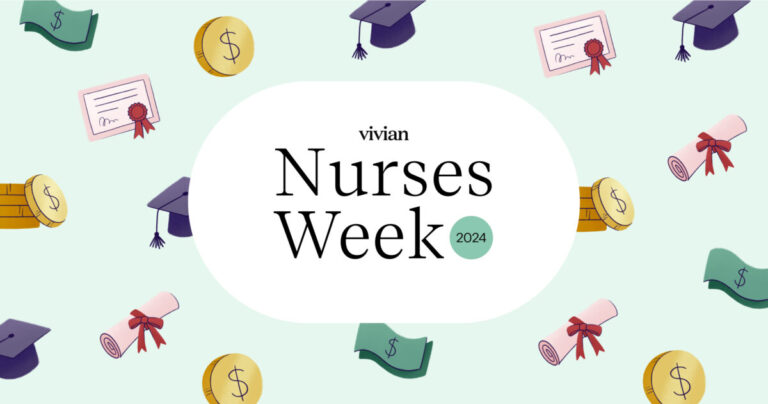Addiction Medicine Nurse Practitioner Career Guide
Looking for a different career guide?
Overview
An Addiction Medicine Nurse Practitioner (NP) is a healthcare professional specializing in the treatment of individuals with substance use disorders. They play a critical role in the assessment, diagnosis and management of addiction-related issues, providing comprehensive care and support to patients seeking recovery. Addiction Medicine NPs work in various healthcare settings, including addiction treatment centers, primary care practices and mental health facilities.
Education
To become an Addiction Medicine NP, you must first obtain a bachelor's degree in nursing (BSN) and become a registered nurse (RN). Afterward, you'll need to pursue a master's or doctoral degree in nursing, specializing in psychiatric-mental health or family nurse practitioner programs with a focus on addiction medicine. These advanced programs typically take two to four years to complete, depending on the level of education chosen.
Skills
Addiction Medicine NPs require a wide range of skills to excel in their specialty. They must have a deep understanding of addiction medicine, including the neurobiology of addiction, pharmacotherapy for substance use disorders and evidence-based treatment approaches. Compassion, empathy and active listening skills are essential for building rapport and trust with patients struggling with addiction.
Effective communication skills are vital, as Addiction Medicine NPs work closely with patients to conduct assessments, develop treatment plans and provide counseling. They should also possess strong diagnostic and problem-solving abilities to address complex addiction-related issues. Collaboration with a multidisciplinary team of healthcare professionals, including therapists, social workers and addiction counselors, is crucial for comprehensive patient care.
Responsibilities
The responsibilities of an Addiction Medicine NP encompass a wide range of tasks related to addiction treatment and recovery. They assess patients for substance use disorders, develop individualized treatment plans, prescribe medications for addiction management (e.g., buprenorphine) and provide counseling and therapy. Addiction Medicine NPs also monitor patients' progress, address co-occurring mental health issues and educate patients and their families on addiction prevention and recovery strategies.
Salary Insights
The average salary for a Addiction Medicine Nurse Practitioner is $3,006.00 per week.
Last updated on March 27, 2025. Based on active jobs on Vivian.com.
Pros & Cons
Choosing a career as an Addiction Medicine NP offers several advantages. One of the main benefits is the opportunity to make a profound impact on individuals' lives by helping them overcome addiction and regain their health and well-being. The field provides job stability and competitive compensation, with a growing demand for addiction treatment professionals.
However, there are challenges to consider. Addiction medicine can be emotionally demanding, as patients may face relapses and setbacks during their recovery journey. It may also involve dealing with challenging and sometimes resistant patients. Additionally, healthcare providers in this field often work long hours, including nights and weekends, to provide support to individuals seeking recovery. Nonetheless, the fulfillment of helping patients on their path to sobriety makes it a rewarding specialty in the healthcare field.
Some of the content on this page was enhanced using artificial intelligence.
Join over 1 million healthcare workers that are getting a head start with Vivian.
Join Vivian






